Rio Tinto commits $2.4B for Jadar lithium project; planning 58,000 tons/year lithium carbonate by 2029
Green Car Congress
JULY 28, 2021
The Jadar project would support the evolution of Rio Tinto—one of the world’s largest miners—into a chemical producer to make battery-grade lithium carbonate, a critical mineral used in large-scale batteries for electric vehicles and storing renewable energy. The deposit contains 136 million tonnes of declared resources.

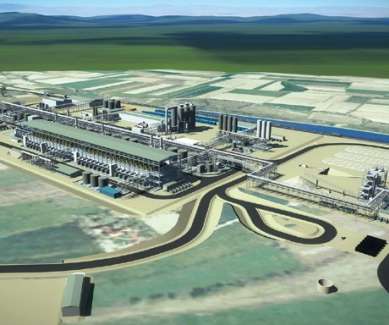
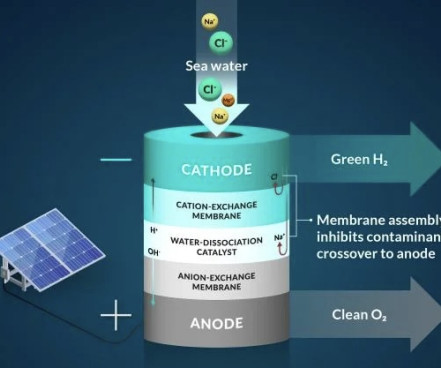

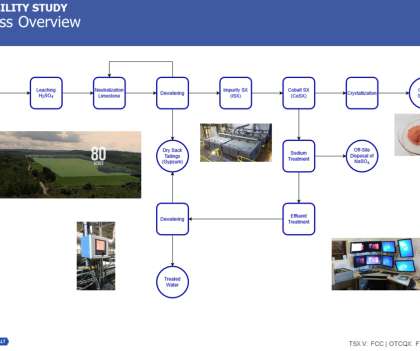

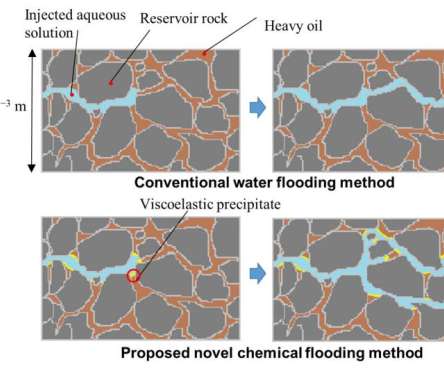







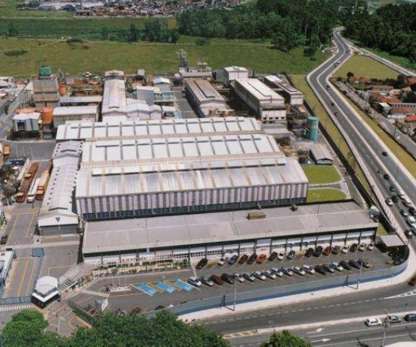
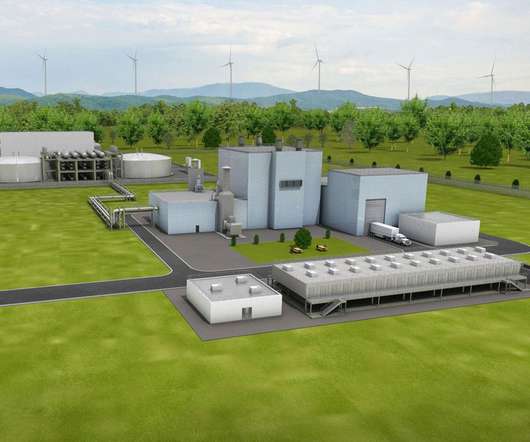

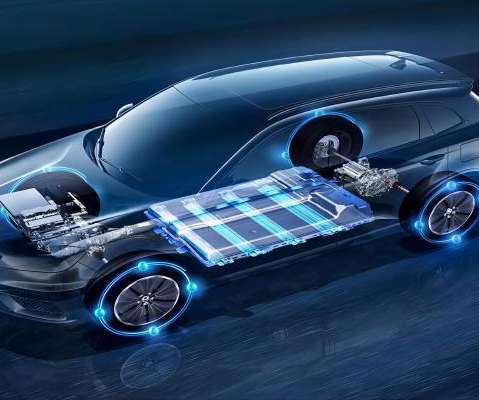















Let's personalize your content